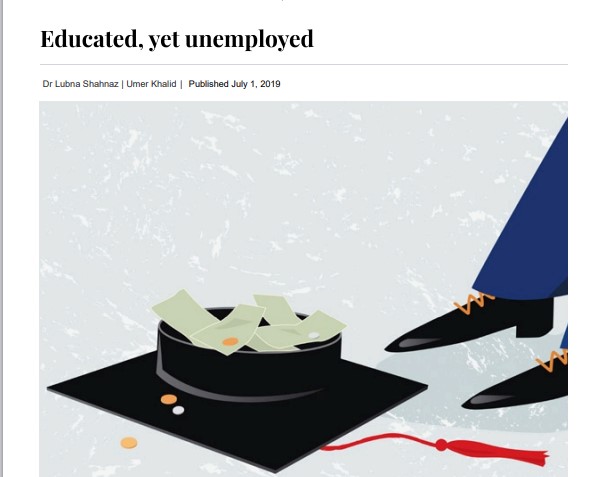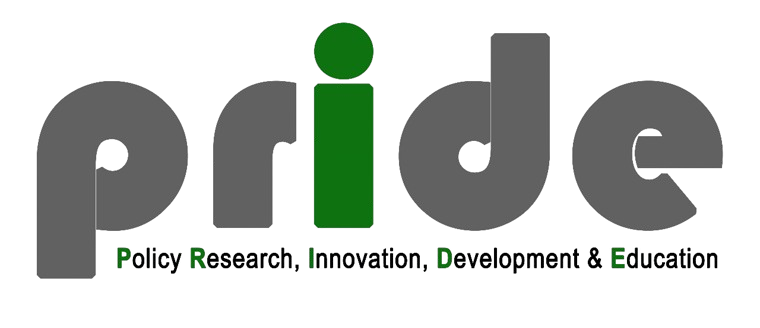
Parents have high expectations for their fresh-out-of-college kids. What good is a college degree if it can’t even fetch a regular job? After all, higher education costs a fortune.
The price of a private degree is crushingly high. The government foots the bill for students who pursue higher education in state-run colleges and universities. Most educational institutions are financed by grants from provincial governments post-devolution.
This article uses the Labour Force Survey 2017-18 to look at the labour market situation for degree holders.
There are a total of 8.78 million people in Pakistan who are 20 or above and hold at least bachelor’s degrees, according to the survey. These people can be divided into two main categories: first, holders of bachelor’s, master’s and MPhil/PhD degrees in engineering, medicine and computer; and second, holders of bachelor’s, master’s and MPhil/PhD degrees in social sciences (literature, history, sociology, psychology, etc).
Around 5.97m of the 8.78m people are economically active while 0.97m are unemployed. This means the educated unemployment rate is 16.2pc, which is much higher than the national unemployment rate of 5.8pc.
Most of these 0.97m people are holders of bachelor’s degrees in social sciences (0.57m), followed by the holders of master’s degrees (0.29m) and MPhil/PhD degrees (15,860).
A significant gender gap also exists: only 1.59m (27pc) women are economically active as opposed to 4.38m (73pc) men. About 41pc of women with bachelor’s degrees or higher are unemployed as opposed to only 7.3pc of men.
The survey also tells us that a majority (56pc) of these unemployed individuals would prefer to work within their vicinity. About 82pc of such individuals were women. About 14pc of these educated unemployed individuals indicated that they would be available for work within their home district while close to 11pc said they would work anywhere in their province of residence. Close to 8pc of them showed willingness to work anywhere within Pakistan.

Around half of these people would prefer to do part-time work. About 38pc of them would prefer to work full time for the government and only 1pc were interested in being self-employed. Only a small proportion of these people previously had a job. When asked about the reason(s) for dismissal or resignation, they replied in mostly generic terms, such as the contract getting expired, low pay, personal reasons or not liking their work etc.
The educated unemployment rate is about three times (16.2pc) higher than the national unemployment rate (5.8pc)
Another interesting finding was that 0.72m of the educated unemployed people were in the age bracket of 20-29 years while the remaining 0.25m individuals were above 30. Hence, it can be safely assumed that the unemployment issue is a recent one as the supply of younger graduates has been on the rise of late.
These findings indicate how serious the educated unemployment issue is. It needs the attention of policymakers. These problems could be because of fewer work opportunities, employees not being able to fulfil employers’ demands or a serious case of gender discrimination.
The issue can possibly be on the demand side. With investment and business confidence declining in the country over the last few years, new opportunities for recent graduates are limited. Yet the supply of graduates significantly exceeds their demand. The issue is also on the supply side as a rising number of graduates are from humanities or social sciences while their demand in the job market is low.
Policymakers should try to address these problems by making universities divert their resources towards vocational or technical education, which is more in demand. Employers should also incentivise employees to work in different locations to better utilise their skills.
Published in Dawn, The Business and Finance Weekly, July 1st, 2019
